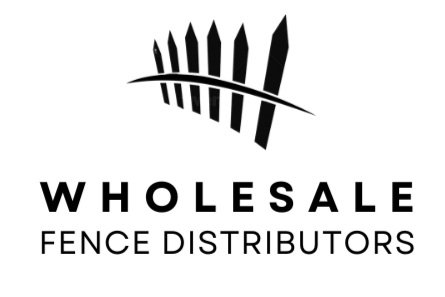Top 4 Best Fencing Materials for New Jersey, New York, Connecticut, and Pennsylvania
When choosing fencing materials, it’s essential to consider the climate in your area. In states like New Jersey, New York, Pennsylvania, Connecticut, and Delaware, weather conditions vary significantly, from hot, humid summers to cold, snowy winters. Here’s a guide to the best fencing materials for each of these climates, helping you provide valuable recommendations to customers and ensure their fences stand the test of time.
Vinyl Fencing: Low Maintenance and Durable
Vinyl fencing is an excellent choice for areas with varying climates. It can withstand high humidity, intense sunlight, and freezing temperatures without warping, cracking, or rotting. Vinyl fences are highly resistant to moisture, making them suitable for areas that experience heavy rainfall or snowfall. Additionally, vinyl requires minimal maintenance—just a simple wash once or twice a year will keep it looking new. This type of fencing is ideal for homeowners who want a durable, long-lasting option that doesn’t require extensive upkeep.
Aluminum Fencing: Rust-Resistant and Elegant
For a fence that can withstand heavy rain, snow, and fluctuating temperatures, aluminum fencing is a smart choice. Aluminum doesn’t rust, so it performs well in wet and humid climates, making it suitable for the Eastern U.S. regions. Additionally, aluminum fencing offers a stylish, upscale look that mimics the appearance of wrought iron but requires much less maintenance. While it may not provide as much privacy as wood or vinyl, aluminum is excellent for properties needing a durable and visually appealing boundary.
Chain-Link Fencing: Budget-Friendly and Resilient
Chain-link fencing is durable, low-cost, and well-suited to withstand various climates. Galvanized or vinyl-coated chain-link fences are highly resistant to rust and corrosion, making them ideal for rainy or snowy regions like Pennsylvania and Delaware. Although it may not offer as much aesthetic appeal or privacy as other options, chain-link fencing is great for commercial properties or homeowners looking for a practical, long-lasting option.
Wood Fencing: Classic and Customizable
Wood fencing offers a traditional aesthetic that many homeowners love. However, for the New Jersey and New York areas, it’s essential to choose the right type of wood. Cedar and redwood are popular choices because they naturally resist rot, decay, and insect infestations, making them suitable for humid climates. Pressure-treated pine is another option; it’s treated to withstand moisture and resist rot and insect damage. However, wood fencing requires regular maintenance, including staining or painting every few years, especially in areas with harsh winters. While wood can be a beautiful and versatile choice, it’s ideal for customers willing to invest in routine upkeep.
Conclusion
When selecting a fence in the Northeast, the best choice will depend on specific needs, budget, and desired aesthetic. Vinyl is perfect for low maintenance, aluminum for elegance, chain-link for budget-friendliness, and wood for classic appeal.
